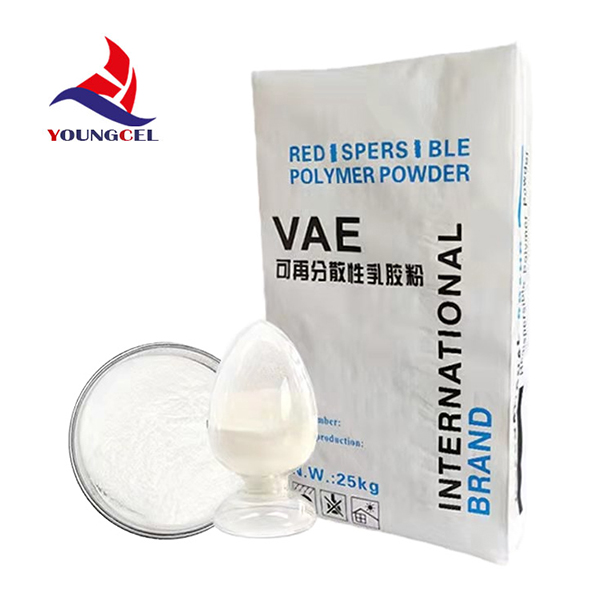Understanding Cellulose Methyl and Its Applications
Cellulose methyl, commonly referred to as methyl cellulose, is a cellulose derivative that plays a pivotal role in various industries, including food, pharmaceuticals, cosmetics, and construction. This versatile compound is produced by chemically modifying cellulose, a natural polymer derived from plant cell walls. By introducing methyl groups into the cellulose structure, methyl cellulose gains unique properties, making it a valuable ingredient across numerous applications.
Chemical Structure and Properties
Methyl cellulose is synthesized through the methylation of cellulose, where hydroxyl groups (–OH) on the cellulose polymer chains are replaced with methyl groups (–OCH3). This modification imparts several functional characteristics to the compound. The introduction of methyl groups enhances the solubility of cellulose in water, creating a soluble polysaccharide that can form gels, thickening agents, and stabilizers when mixed with liquid.
One of the most remarkable attributes of methyl cellulose is its ability to gel and thicken in cold water while remaining a clear solution. When heated, the solution becomes more viscous, which makes it an exceptional thermal gel. Upon cooling, it retains its gel-like state, which is particularly useful in culinary applications.
Applications in Food Industry
In the food industry, methyl cellulose is widely used as a thickener, emulsifier, and stabilizer. It is commonly found in processed foods like ice cream, sauces, and baked goods. Its unique gelling properties make it an effective agent for regulating texture and moisture, contributing to improved mouthfeel and palatability. Additionally, methyl cellulose is a staple in gluten-free formulations, where it helps mimic the texture typically provided by gluten, allowing for the creation of more appealing gluten-free products.
Role in Pharmaceuticals
Pharmaceutical applications of methyl cellulose are vast. It is used as a binding agent in tablet formulations, contributing to the cohesiveness of the components. Furthermore, it serves as a film former in coatings, providing a protective layer for drugs, thus enhancing stability and controlling the release rate of active ingredients. Methyl cellulose is also found in eye drops and other ophthalmic solutions, where it acts as a lubricant, providing relief for dry eyes.
cellulose methyl

Cosmetic and Personal Care Products
In the personal care sector, methyl cellulose is valued for its thickening and emulsifying properties. It is used in lotions, creams, shampoos, and conditioners, enhancing the texture and stability of the products. Moreover, methyl cellulose is a popular ingredient in skincare formulations aimed at moisturizing, as it helps retain water and enhance skin hydration.
Construction and Building Materials
The construction industry has integrated methyl cellulose into various building materials, particularly in tile adhesives, drywall compounds, and paints. Methyl cellulose serves as a thickener, helping to improve the workability and consistency of these products. Its water-retention properties also ensure that the materials maintain moisture, promoting proper curing and adhesion.
Environmental and Sustainable Aspects
As a derivative of cellulose, methyl cellulose aligns with the increasing demand for sustainable materials. Derived from renewable resources, it offers an eco-friendly alternative to synthetic thickening agents and binders. As businesses and consumers alike become more environmentally conscious, the role of methyl cellulose in promoting sustainability is expected to grow.
Conclusion
In conclusion, methyl cellulose is a remarkable compound with diverse applications that span multiple industries. Its unique properties, arising from its chemical modification of natural cellulose, have made it indispensable in food, pharmaceuticals, cosmetics, and construction sectors. As we continue to seek sustainable and effective solutions, the utilization of methyl cellulose is likely to expand, reflecting its importance as a multifunctional ingredient in our everyday lives. Whether enhancing the texture of our food or providing a protective barrier in pharmaceuticals, methyl cellulose undeniably plays a crucial role in modern innovation.
-
Rdp Powder: Key Considerations for Wholesalers in the Building Materials IndustryNewsJul.08,2025
-
Key Considerations for Wholesalers: Navigating the World of Hpmc - Based ProductsNewsJul.08,2025
-
Hpmc Detergent: Key Considerations for WholesalersNewsJul.08,2025
-
Key Considerations for Wholesalers: China Hpmc For Tile Adhesive, Coating Additives, Concrete Additives, and MoreNewsJul.08,2025
-
Crucial Considerations for Wholesalers: Navigating the World of Construction MaterialsNewsJul.08,2025
-
Key Considerations for Wholesalers Sourcing Additive For Cement, Additive For Concrete, Additive For Putty from Additive Manufacturer Shijiazhuang Gaocheng District Yongfeng Cellulose Co., Ltd.NewsJul.08,2025




